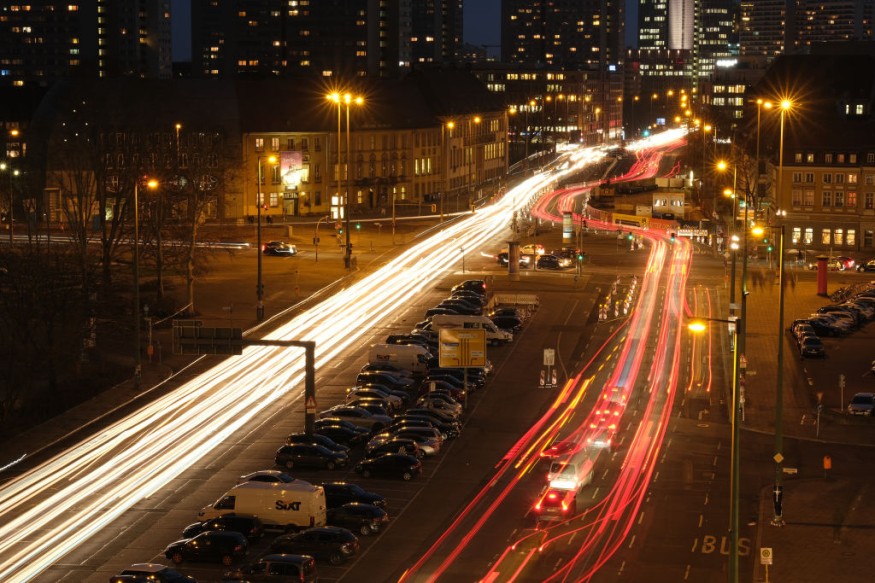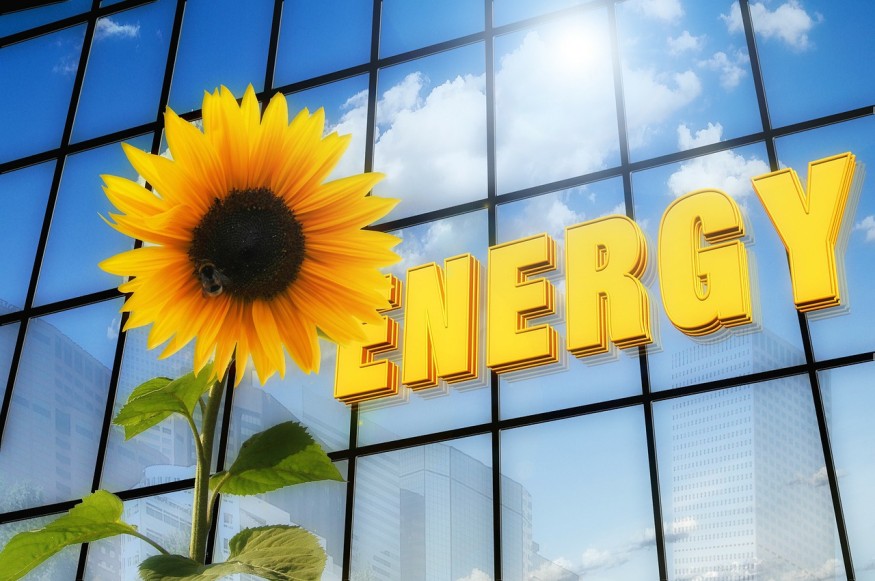
The hydrogen-powered taxi business in Europe is growing more competitive, with French startup Hype, developing them in Paris since 2015, among the frontrunners. EURACTIV France has the story.
Transport Emission

In 2019, the transportation sector accounted for around one-third (31%) of total greenhouse gas emissions in France. The government has previously said that it intends to lower this amount by encouraging the use of low-carbon hydrogen in transportation.
Apart from heavy-duty transportation, car fleets, beginning with taxis, are one of the most promising possibilities.
In an interview with EURACTIV, Hype CEO Mathieu Gardies said, "Hydrogen gives genuine operational efficiency for random intensive users like taxis."
Hydrogen-Powered Taxis
Gardies founded his company in Paris in 2015 to produce a fleet of hydrogen-powered taxis. These taxis can compete with combustion engines in terms of performance since they can go 500-700 kilometers before needing a five-minute refill.
The CEO has set up a refill station in Paris that sells "blue hydrogen," which is made from CO2 caught, stored, and reused.
"All of the production facilities we invest in now are green hydrogen production," according to Gardies. They explained that green hydrogen is produced by the electrolysis of water using renewable energy.
Hype intends to order a dozen stations from its partners in the Ile-de-France area by June 2023, each with a capacity of one tonne per day of locally produced green hydrogen. By 2022, the taxi fleet should have grown to over 700 hydrogen cars.
In addition to announcing a national policy for decarbonized hydrogen, France recently approved legislation requiring fleets of more than 100 cars to replace a percentage of their vehicles with low-emission vehicles. Whether electric or hydrogen, this translates to 10% of the fleet by 2025 and 35% by 2029. Taxis and chauffeur-driven cars are among the most targeted.
The proposed EU legislation on alternative fuel infrastructure deployment proposes the construction of hydrogen filling stations every 150 kilometers on important routes by 2025.
Incentives
These legal incentives are promoting hydrogen taxi fleet developments throughout Europe. The Clean Hydrogen Partnership, for example, has undertaken various efforts, such as Zefer, a project to deploy 180 fuel cell electric vehicles in Paris, London, and Copenhagen.
Why Hydrogen?

"Hydrogen is the best fuel for taxis because of its extended range, intense use, and quick recharge time," said Bart Biebuyck, the Clean Hydrogen Partnership CEO.
Other hydrogen taxi fleets have begun operating around Europe.
Lionel Boillot, the Clean Hydrogen Partnership project manager, cites Green Tomato Cars, which operates a fleet of 50 cars in London, and Drivr, which uses a fleet of 100 hydrogen taxis in Copenhagen.
These programs are effective, he claims, because "the deployment of hydrogen infrastructure and automobiles coincides."
However, some hurdles, such as bureaucracy, might impede a potential surge in hydrogen taxi projects and fleets.
The Clean Hydrogen Partnership has already drafted a list of proposals to standardize operations in the hopes of overcoming this barrier.
Automobile Industry
Another concern is the scarcity of automobiles since only a few automakers have entered the hydrogen "passenger" car market.
Hype, for example, is now reliant on Toyota's Mirai vehicle. Other carmakers, such as Hyundai, Stellantis, and Renault, only produce a few hundred of these vehicles per year.
Instead, large automobile manufacturers concentrate on electric vehicles, the most popular among the general population. For example, Renault, Peugeot, Fiat, and Ford want to be entirely electric by 2030, while Volkswagen intends to shift its whole output to electric vehicles by 2035.
"The supply is very limited," says Philippe Boucly, head of the France Hydrogène organization. He stated that Stellantis, for example, only produces 1,000 to 2,000 hydrogen cars every year.
Another barrier, according to Boucly, is the costly purchasing price of such cars, which makes them challenging to commercialize.
Hype expects to have 10,000 cars in the Ile-de-France area despite these challenges by 2024.
The business also plans to build a hydrogen distribution network with at least 20 one-ton/day stations and six lesser capacity stations powered by green hydrogen produced locally. The stations will be available for commercial and logistical purposes.
Gardies is betting heavily on Paris's "Olympic Games" influence. Therefore 2024 was not picked at random. "Sports events are the only events that we can get politicians and businesspeople to agree on," he remarked.
The CEO wants to create in roughly fifteen cities in France and overseas by 2025, with 40,000 cabs and almost 100 one-ton/day stations, boosted by the event's publicity. The company's EU expansion strategy also includes Italy, Spain, and Portugal.
However, Hype isn't the only light hydrogen vehicle manufacturer.
Potential Investment
The EU is investing €1 billion in the Clean Hydrogen Partnership between 2021 and 2027 to help expedite the development of clean hydrogen uses, such as taxis.
For more news about making the environment sustainable, don't forget to follow Nature World News!
© 2025 NatureWorldNews.com All rights reserved. Do not reproduce without permission.





